Creeping Jenny is a lovely plant. Its scientific name is Lysimachia nummularia. This plant grows close to the ground. It has bright yellow flowers in spring. The leaves turn golden in fall. Many people like to use it in gardens. Let’s learn how to care for Creeping Jenny.
What is Creeping Jenny?
Creeping Jenny is a ground cover plant. It spreads quickly. This plant can grow in many places. It likes sun and shade. It can also handle wet soil. The leaves are round and soft. They look great all year.
Why Choose Creeping Jenny?
There are many reasons to grow Creeping Jenny. Here are some:
- It adds color to gardens.
- It grows well in different conditions.
- It is easy to care for.
- It attracts butterflies.
Planting Creeping Jenny
Planting Creeping Jenny is simple. Follow these steps for success:
1. Choose The Right Location
Creeping Jenny likes both sun and shade. It grows best in a spot with partial sun. Too much sun can burn its leaves. Too much shade can slow its growth. Pick a spot that gets a little of both.
2. Prepare The Soil
This plant likes moist soil. It can grow in sandy or clay soil. Make sure the soil drains well. You can add compost to help it grow. Compost adds nutrients to the soil. It also helps hold moisture.
3. Space The Plants
When planting, space them about 12 inches apart. This gives them room to spread. If you want a thicker cover, plant them closer.
4. Dig The Holes
Dig holes that are as deep as the roots. Make the holes wider than the roots. This helps the plant settle in.
5. Plant The Creeping Jenny
Place the plant in the hole. Make sure the roots are spread out. Cover the roots with soil. Press the soil down gently. Water the plant after planting.
Watering Creeping Jenny
Watering is important for Creeping Jenny. Here are some tips:
- Water the plant regularly, especially in dry weather.
- Do not let the soil dry out completely.
- Overwatering can cause root rot.
Fertilizing Creeping Jenny
Fertilizing helps Creeping Jenny grow. Use a balanced fertilizer in spring. Follow the instructions on the package. Too much fertilizer can harm the plant.
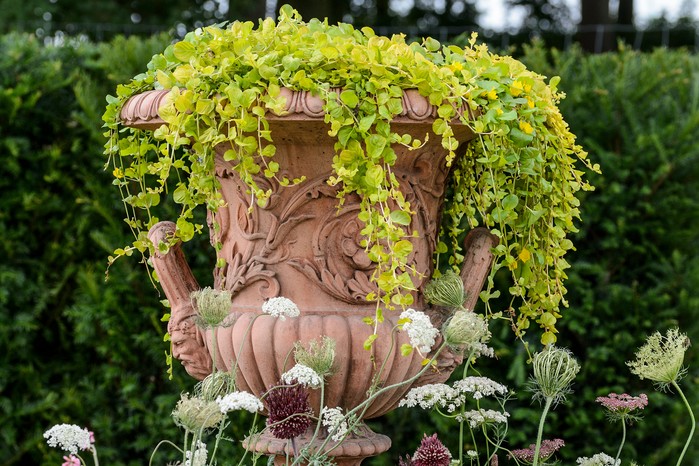
Credit: www.gardenersworld.com
Pruning Creeping Jenny
Pruning helps keep Creeping Jenny healthy. You can prune in early spring. Remove any dead or damaged leaves. Pruning also helps control its spread.
Pests and Diseases
Creeping Jenny is generally healthy. However, it can face some problems:
Common Pests
- Aphids: These are tiny bugs. They suck plant juice. Use water to spray them off.
- Slugs: These slimy creatures eat the leaves. You can remove them by hand.
Common Diseases
- Root rot: This happens if the soil is too wet. Make sure the soil drains well.
- Powdery mildew: This is a white fungus. It can appear in humid weather. Spray with water to remove it.
Propagation of Creeping Jenny
Propagation is how you can grow new plants. Here are two easy ways:
1. Division
In spring or fall, you can divide Creeping Jenny. Carefully dig up the plant. Separate the roots into smaller pieces. Replant them in new spots.
2. Cuttings
You can also take cuttings. Cut a stem with leaves. Place it in water until roots grow. Then, plant it in soil.
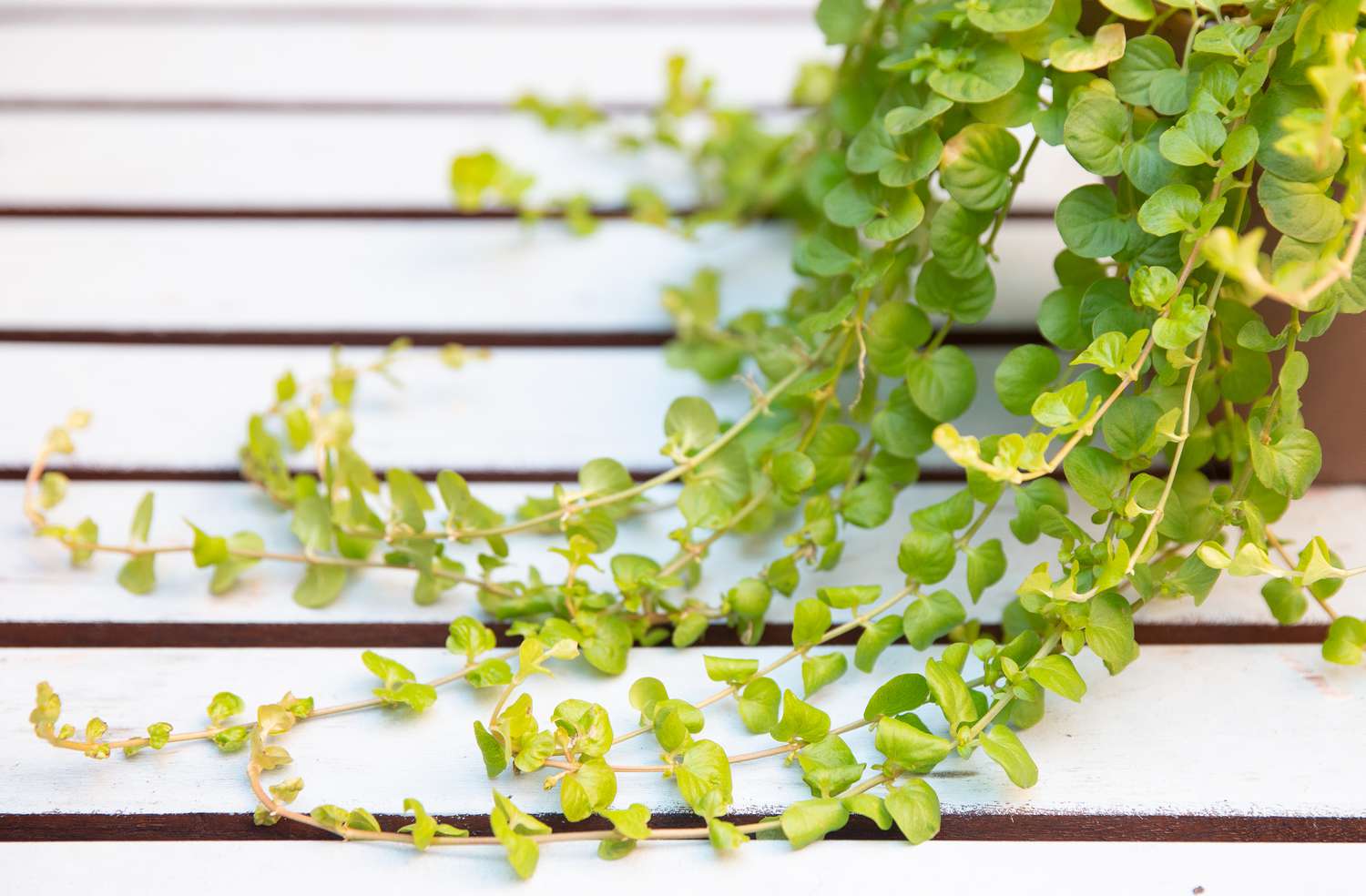
Credit: www.thespruce.com
Using Creeping Jenny in Gardens
Creeping Jenny is a great choice for gardens. Here are some ideas:
- Use it as a ground cover. It prevents weeds.
- Plant it in containers. It looks nice hanging over the edges.
- Mix it with other plants. It adds color and texture.
Seasonal Changes
Creeping Jenny changes with the seasons. Here’s what to expect:
Spring
In spring, Creeping Jenny blooms with yellow flowers. The leaves are bright green.
Summer
In summer, the leaves stay green. They are lush and vibrant.
Fall
In fall, the leaves turn golden-yellow. This adds beauty to your garden.
Winter
In winter, the leaves may die back. But the roots stay alive. The plant will return in spring.
Conclusion
Creeping Jenny is a beautiful, easy-to-care-for plant. It brings color and life to any garden. Follow the tips in this guide. You can enjoy this lovely plant for years. Happy gardening!

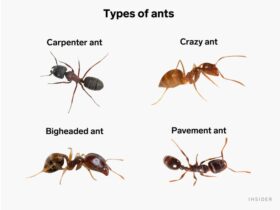
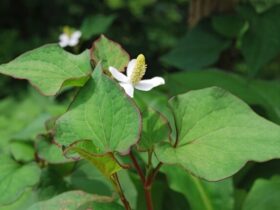
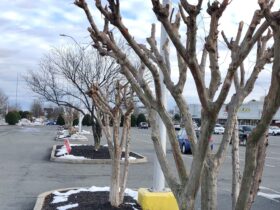
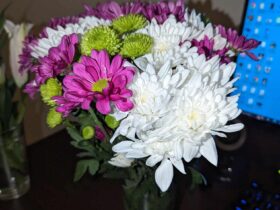
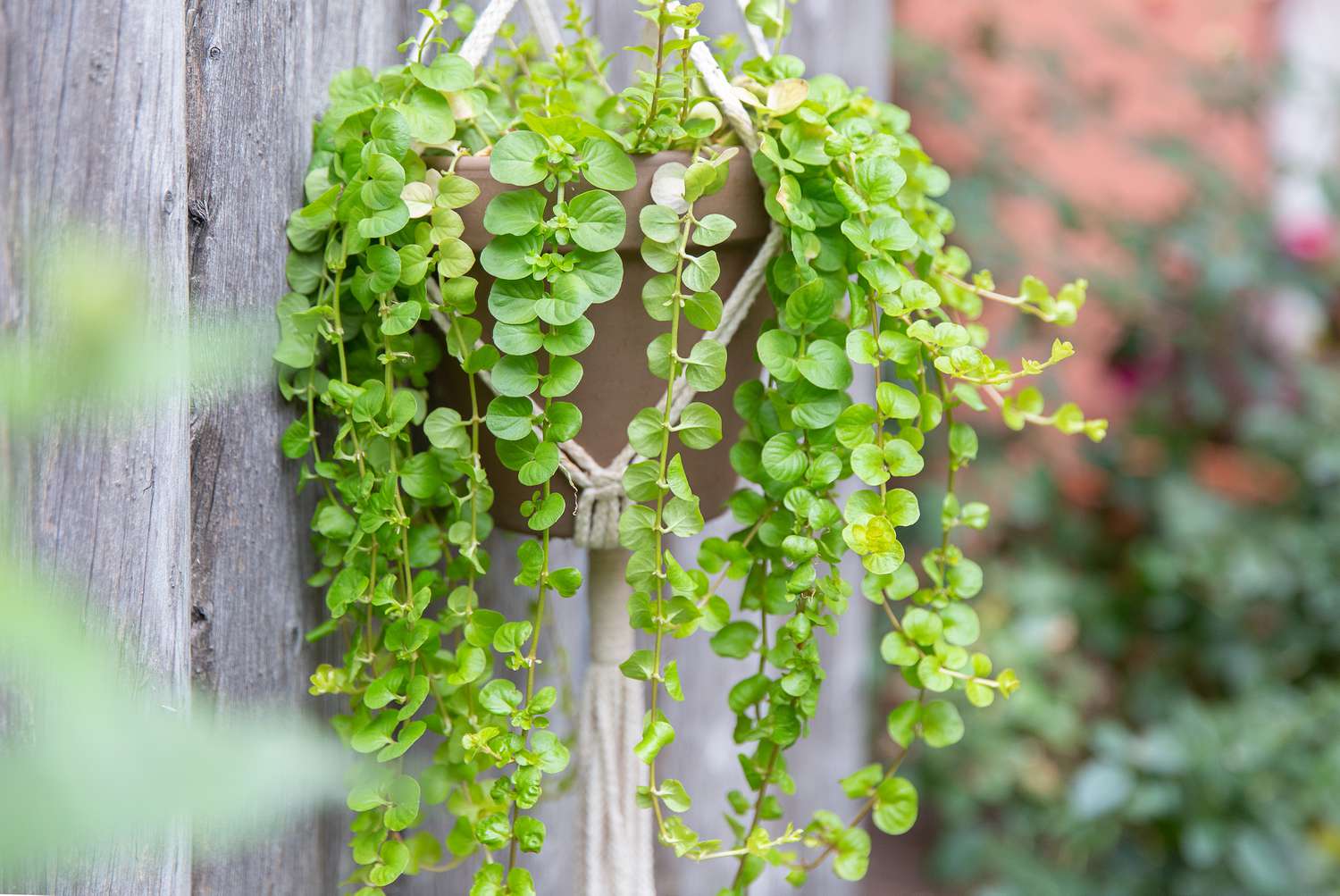
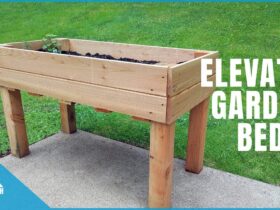



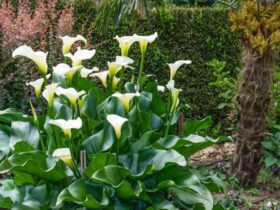
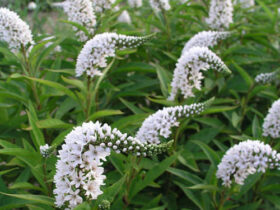
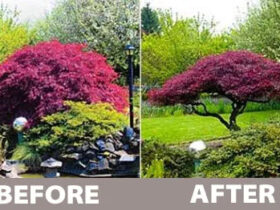

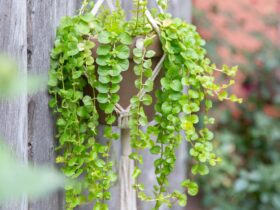
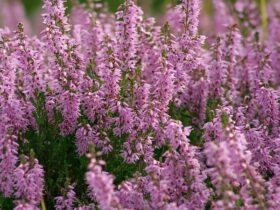
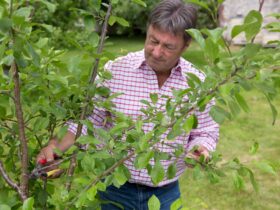
Leave a Review